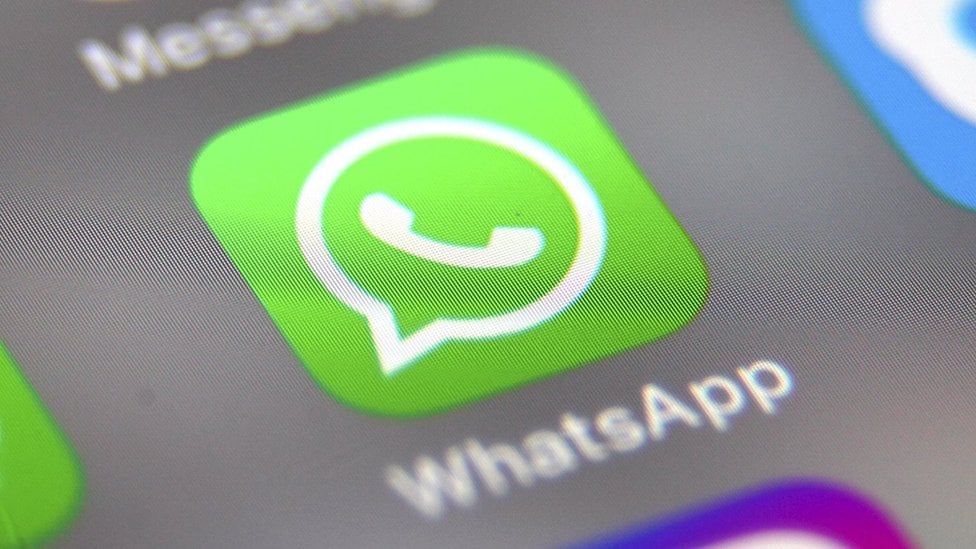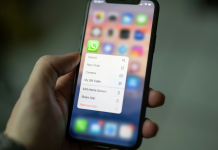WhatsApp, one of the leading instant messaging applications from social media giant Facebook, has filed a lawsuit against the Indian government. It seeks to block regulations coming into force that would compel the app to break its privacy protections.
The case, filed in the Delhi High Court, asks to declare that one of the new IT rules is a violation of privacy rights in India’s constitution since it requires social media companies to identify the “first originator of information” when authorities demand it.

It’s noteworthy that the law only requires WhatsApp to unmask people credibly accused of the wrongdoing but in practice, the company cannot do it alone. The traceability rule will also affect WhatsApp alternatives like Signal and Telegram which are inherently designed to be end-to-end encrypted.
WhatsApp has about half a billion users in India. It also says that because messages are encrypted end-to-end it would have to break encryption for receivers of messages as well as the originators to comply with the new law.
In a statement to Reuters, WhatsApp said that “requiring messaging apps to ‘trace’ chats is the equivalent of asking us to keep a fingerprint of every single message sent on WhatsApp, which would break end-to-end encryption and fundamentally undermines people’s right to privacy.”
This is yet another instance of growing tensions between Prime Minister Narendra Modi’s government and tech giants such as Facebook, Google, and Twitter, among others. This is a complex situation as India is one of the largest markets for these companies.
The tensions escalated when police visited Twitter‘s office this week after the microblogging platform labeled posts by the spokesperson of Narendra Modi’s political party as “manipulated media” for sharing a forged document.
Prior to that, the Indian government had pressed the tech companies to remove content from the social media platform where people criticized the government’s handling of the COVID-19’s second wave.
RELATED:







